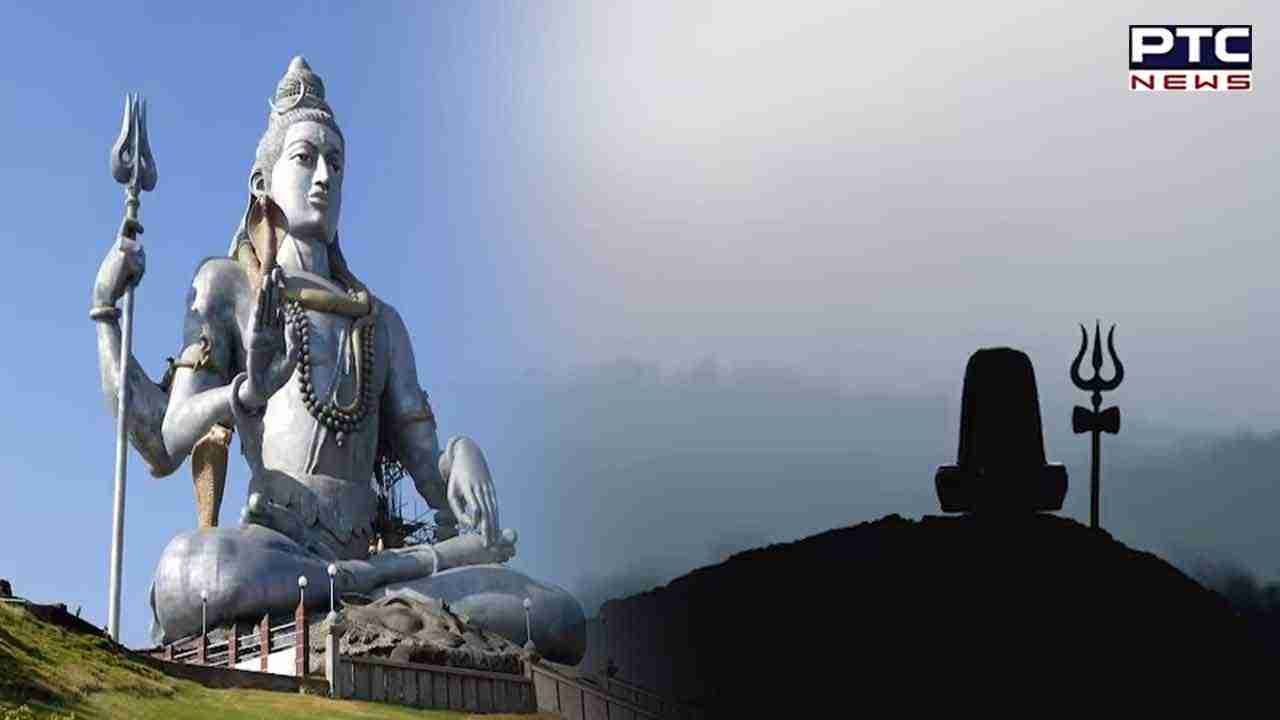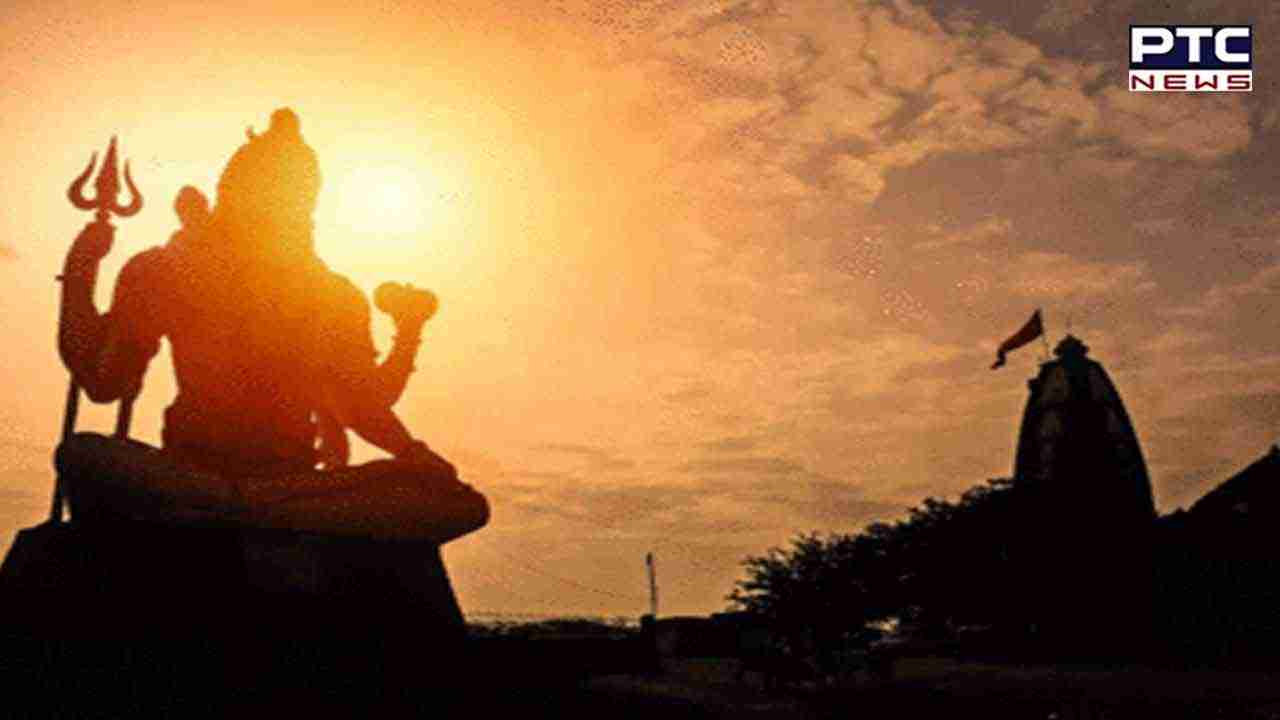

Shravan 2023: Dos and Don'ts for devotees during auspicious month of Lord Shiva
Shravan 2023: Shravan, also known as Sawan, is the fifth month of the Hindu lunar calendar and holds immense significance as one of the holiest months of the year. During this period, devotees observe fasts and seek the blessings of Lord Shiva, particularly on Mondays. Here are some important do's and don'ts to keep in mind while fasting.
Upon waking up in the morning, devotees should bathe and cleanse their Puja rooms, followed by sprinkling Ganga Jal. They should gather the necessary items for puja, including water, milk, sugar, ghee, curd, honey, sacred thread (janeu), sandalwood, flowers, bel leaves, cloves, cardamom, and sweets, while chanting Shiv mantras.

Devotees who undertake the fast can break their fasts and have the vrat meal in the evening.
Now, let's take a look at what should be avoided during the fasts. It is recommended to abstain from consuming garlic and onions. Consumption of alcohol is considered sinful during the Sawan period. Non-vegetarian items, including fish, eggs, and dairy, should be avoided as they represent the death of living beings. Additionally, the use of turmeric and tulsi leaves during Lord Shiva worship is not recommended.
To seek the blessings of Lord Shiva and Parvati, people observe "Sawan Somwar" fasts. Another significant ritual during this period is the Kanwar Yatra, where devotees collect water from sacred rivers and carry it in small mud pots called Kanwars. They wear saffron-colored clothes and walk on foot to visit temples dedicated to Lord Shiva. Popular destinations for Kanwariyas include Haridwar, Gaumukh, Gangotri in Uttarakhand, and Sultanganj in Bihar, where they fetch holy water from the Ganges River to worship Lord Shiva.

This year, the Shravan period extends for two months instead of the usual one-month duration. Such an extended period occurs approximately every 19 years. The first fasting Monday falls on July 10, while the last Monday fast will be observed on August 28.
In the Hindu calendar, an additional month called Malmas or Adhikmas is added every three years when the Sun transits from one zodiac sign to another. During this period, which begins on July 18 and ends on August 16 this year, no auspicious or new tasks are performed. Sawan, this year, will last for 58 days, from July 4 to August 31.
Devotees eagerly embrace this auspicious month dedicated to the worship of Lord Shiva, following the prescribed rituals and seeking divine blessings.
Also Read: July Supermoon 2023: What is Supermoon, causes, how and when to see, impact
- With inputs from agencies
